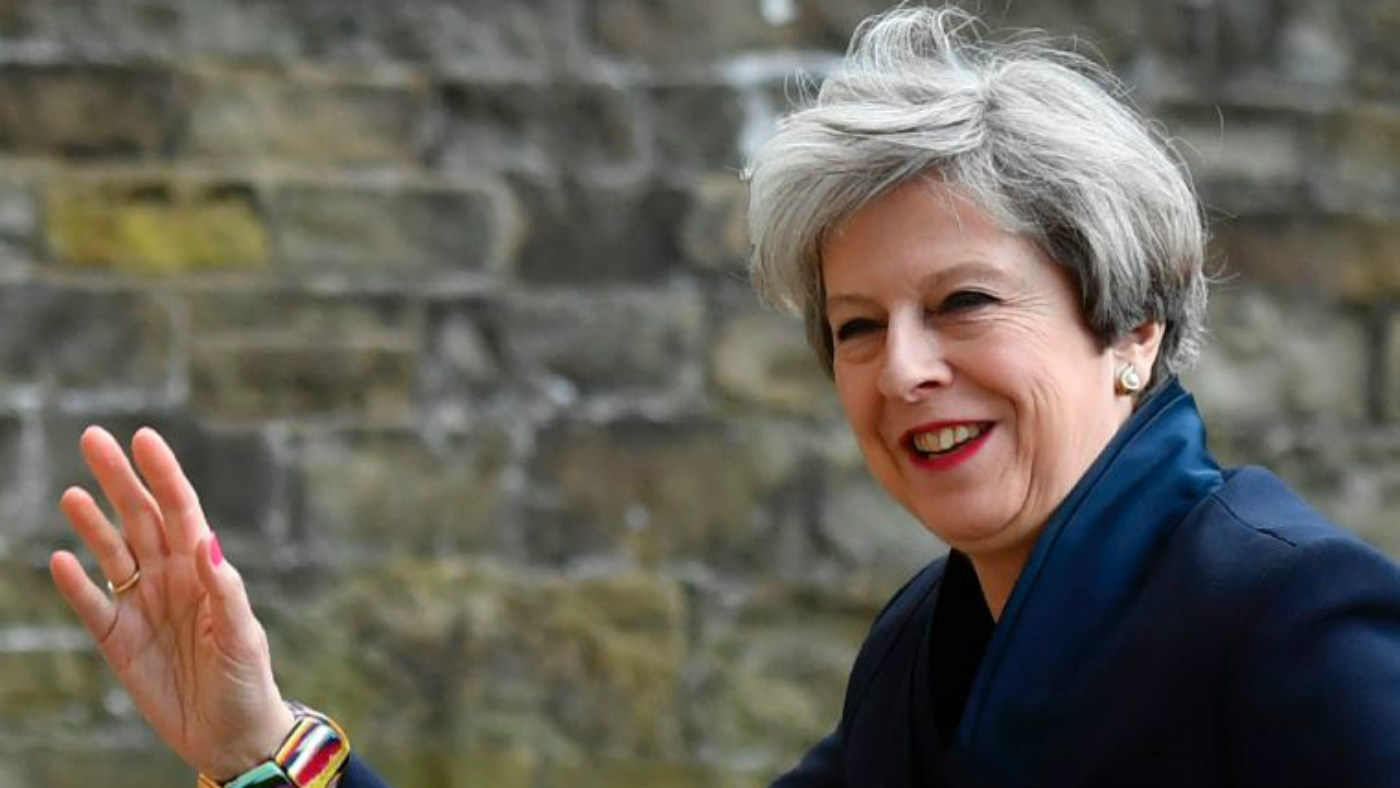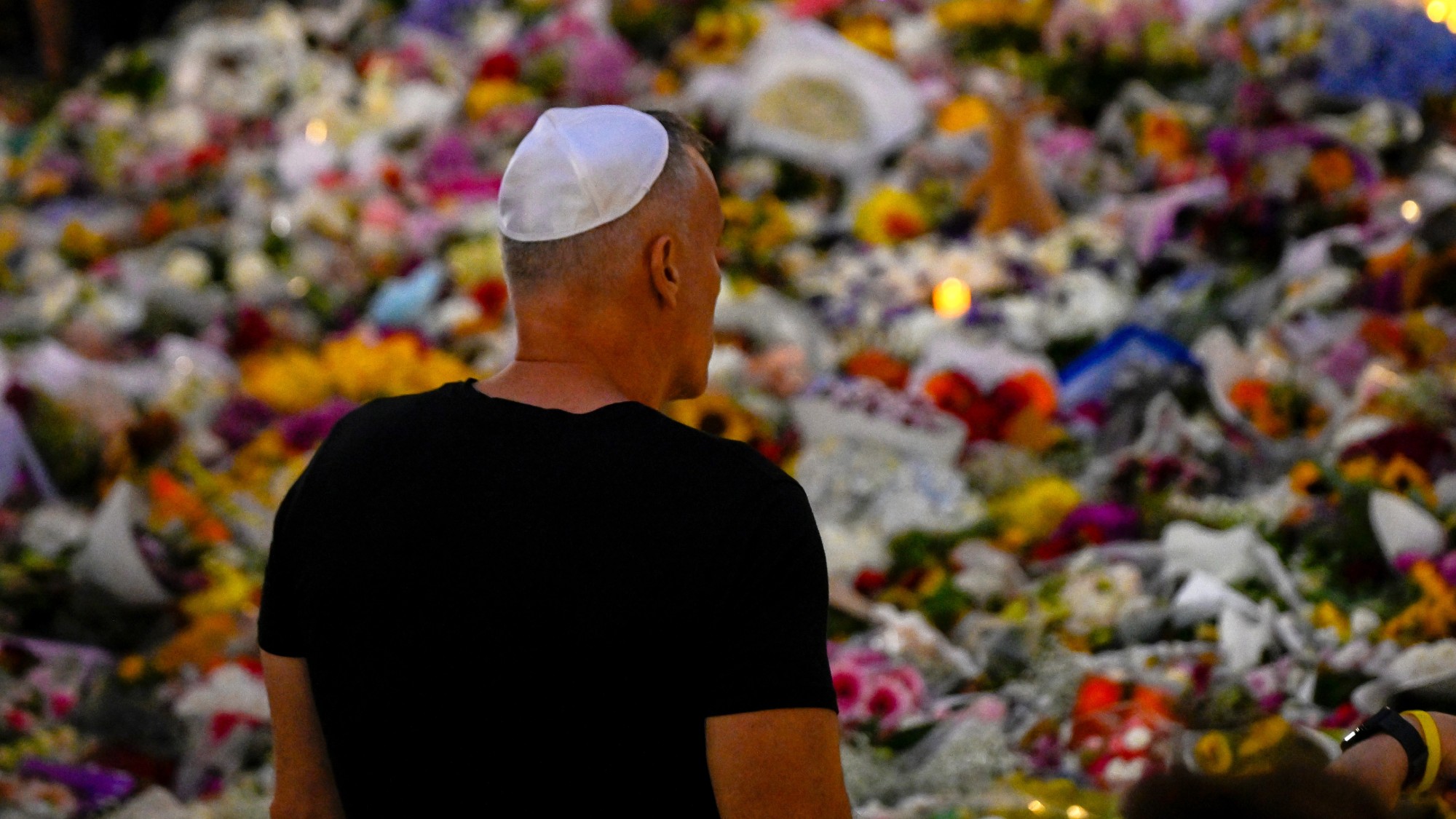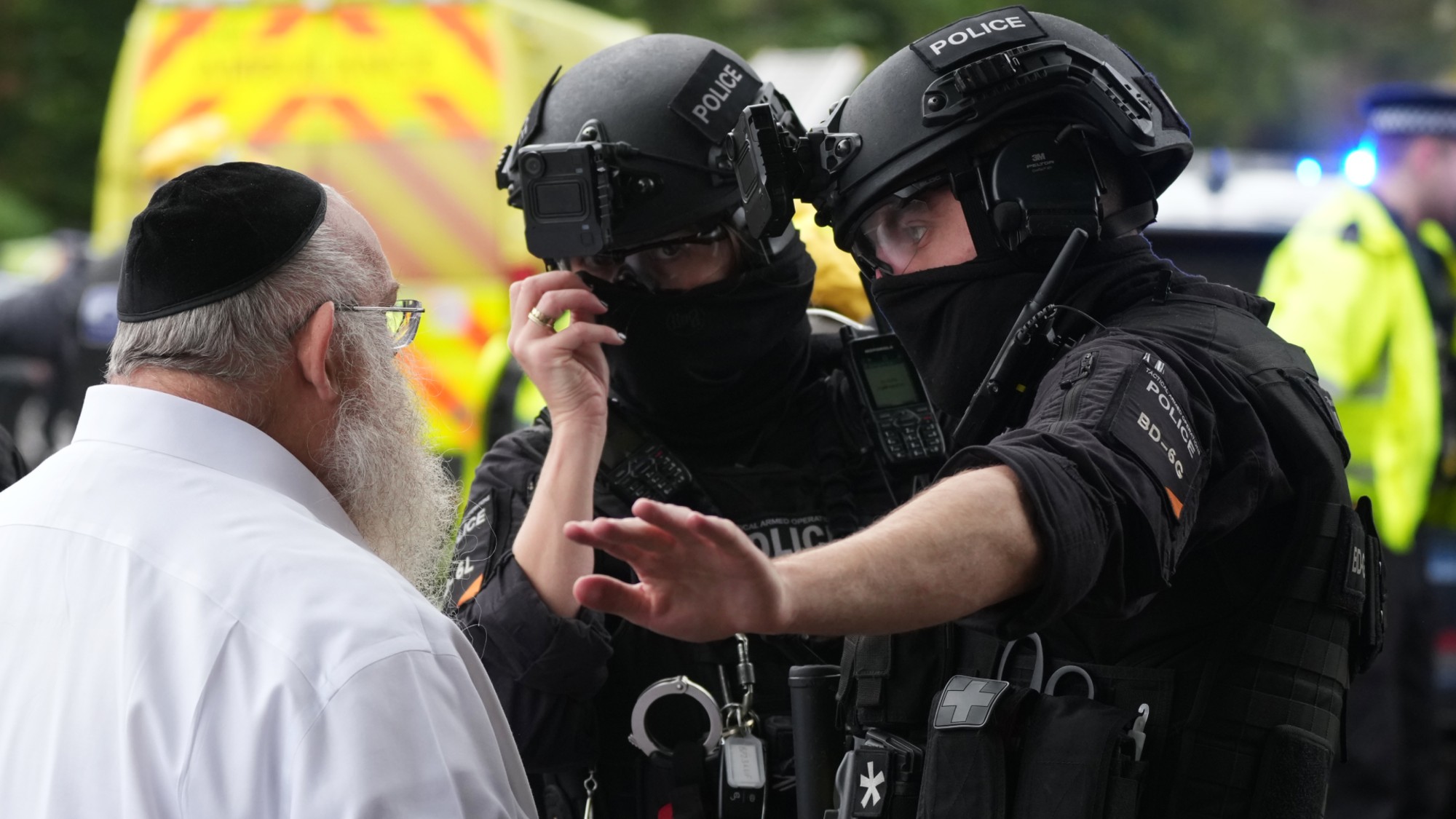Theresa May calls on G7 to combat online extremism
World leaders urged to put pressure on companies such as Google and Facebook to help fight 'hateful ideology'

A free daily email with the biggest news stories of the day – and the best features from TheWeek.com
You are now subscribed
Your newsletter sign-up was successful
Theresa May will push for world leaders to work harder to combat extremism on social media and elsewhere online in the wake of the Manchester attack.
She will tell leaders at the G7 summit in Sicily that more pressure should be put on tech and social media companies to remove extremist material from their sites, arguing that the fight has moved "from the battlefield to the internet".
According to the Daily Mirror, May's speech will also contain a plea for "leading countries to form a co-ordinated effort to force firms like Google, Facebook and Twitter to do more" to block material deemed extreme or illegal.
The Week
Escape your echo chamber. Get the facts behind the news, plus analysis from multiple perspectives.

Sign up for The Week's Free Newsletters
From our morning news briefing to a weekly Good News Newsletter, get the best of The Week delivered directly to your inbox.
From our morning news briefing to a weekly Good News Newsletter, get the best of The Week delivered directly to your inbox.
Speaking at Downing Street today, the Prime Minister said she would lead the counter-terrorism discussion in Sicily on "how to work together to prevent the plotting of terrorist attacks online and to stop the spread of hateful extremist ideology on social media."
Nato and the G7 working together could "enable us to work more closely together as we work to defeat the evil of terrorism", she added.
May believes the pressure put on social media companies should focus on developing tools that could "automatically identify and remove harmful material" based on its contents, informing authorities when this harmful material is spotted, and revising industry guidelines "to make them absolutely clear about what constitutes harmful material", reports The Guardian.
Security minister Ben Wallace told the BBC that the use of social media was "one of the biggest challenges" in the fight against extremism.
A free daily email with the biggest news stories of the day – and the best features from TheWeek.com
Encryption made it "almost impossible for us to actually lift the lid on these people", he said, adding: "We are determined to not let [tech companies] off the hook with the responsibility they have in broadcasting some horrendous [material], not only manuals about how to make bombs, but also grooming materials.
"We all think they could all do more... We need to have the tools to make them, where we need to, remove material quicker."
Facebook has come under scrutiny in particular over claims it is not doing enough to counter extreme material uploaded to its pages, the Guardian adds.
-
 6 of the world’s most accessible destinations
6 of the world’s most accessible destinationsThe Week Recommends Experience all of Berlin, Singapore and Sydney
-
 How the FCC’s ‘equal time’ rule works
How the FCC’s ‘equal time’ rule worksIn the Spotlight The law is at the heart of the Colbert-CBS conflict
-
 What is the endgame in the DHS shutdown?
What is the endgame in the DHS shutdown?Today’s Big Question Democrats want to rein in ICE’s immigration crackdown
-
 How the ‘British FBI’ will work
How the ‘British FBI’ will workThe Explainer New National Police Service to focus on fighting terrorism, fraud and organised crime, freeing up local forces to tackle everyday offences
-
 How the Bondi massacre unfolded
How the Bondi massacre unfoldedIn Depth Deadly terrorist attack during Hanukkah celebration in Sydney prompts review of Australia’s gun control laws and reckoning over global rise in antisemitism
-
 Who is fuelling the flames of antisemitism in Australia?
Who is fuelling the flames of antisemitism in Australia?Today’s Big Question Deadly Bondi Beach attack the result of ‘permissive environment’ where warning signs were ‘too often left unchecked’
-
 Ten years after Bataclan: how has France changed?
Ten years after Bataclan: how has France changed?Today's Big Question ‘Act of war’ by Islamist terrorists was a ‘shockingly direct challenge’ to Western morality
-
 Arsonist who attacked Shapiro gets 25-50 years
Arsonist who attacked Shapiro gets 25-50 yearsSpeed Read Cody Balmer broke into the Pennsylvania governor’s mansion and tried to burn it down
-
 Manchester synagogue attack: what do we know?
Manchester synagogue attack: what do we know?Today’s Big Question Two dead after car and stabbing attack on holiest day in Jewish year
-
 The Miami Showband massacre, 50 years on
The Miami Showband massacre, 50 years onThe Explainer Unanswered questions remain over Troubles terror attack that killed three members of one of Ireland's most popular music acts
-
 The failed bombings of 21/7
The failed bombings of 21/7The Explainer The unsuccessful attacks 'unnerved' London and led to a tragic mistake